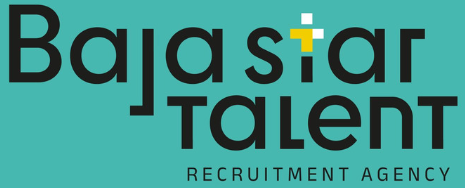Here’s why coworkers are not, and should not be considered, friends.

In the modern workplace, the line between professional and personal relationships can often blur. While it’s common to develop camaraderie with colleagues, it’s important to distinguish between coworkers and friends. This distinction helps maintain a healthy, productive work environment and personal life. Here’s why coworkers are not, and should not be considered, friends.
While it’s natural to develop friendly and supportive relationships with coworkers, it’s crucial to maintain a clear distinction. By understanding and respecting these boundaries, employees can ensure their work environment remains efficient and their personal lives remain balanced.

1. Professional Boundaries
The workplace operates on a set of professional boundaries that ensure tasks are completed efficiently and respectfully. Friendships, on the other hand, often involve a level of personal intimacy and informality that can disrupt these boundaries. When professional lines are crossed, it can lead to conflicts of interest, favoritism, and a decrease in productivity. Keeping a clear line between coworker and friend helps maintain the professionalism necessary for a functional work environment.
2. Objectivity in Decision-Making
In a work setting, decisions need to be made based on logic, evidence, and the best interests of the company. Friendships can cloud judgment and lead to biased decisions. When coworkers are treated as friends, it becomes challenging to provide honest feedback, make tough decisions, or handle conflicts impartially. Maintaining professional relationships ensures that decisions are made objectively and fairly.
3. Conflict of Interest
Friendships can create conflicts of interest that compromise the integrity of professional interactions. For instance, if a manager has a close friendship with a subordinate, it may be difficult to maintain impartiality in performance reviews, promotions, or disciplinary actions. Such conflicts can breed resentment among other employees and undermine team cohesion.
4. Workplace Dynamics
The dynamics of a workplace rely on a balance of roles, responsibilities, and hierarchies. When coworkers become friends, it can disrupt these dynamics. Friendships may lead to cliques, gossip, and exclusion of other team members, which can harm morale and collaboration. Keeping relationships professional helps ensure inclusivity and teamwork.
5. Personal and Professional Life Balance
Mixing personal friendships with professional relationships can blur the lines between work and personal life, leading to burnout and stress. It’s important to have a clear separation to maintain a healthy work-life balance. Professional relationships should provide support and collaboration within the scope of work, while personal friendships should offer relaxation and personal connection outside of the workplace.
6. Emotional Impact
Friendships often come with emotional highs and lows that can affect work performance. Disagreements or personal issues between friends can spill over into the workplace, impacting productivity and the overall work atmosphere. By keeping relationships professional, employees can better manage their emotional well-being and maintain focus on their tasks.
7. Career Advancement
In professional environments, career advancement often depends on merit, performance, and networking within the industry. While friendships can provide support, relying too heavily on workplace friendships for career progression can be detrimental. It’s important to build a network based on professional achievements and connections rather than personal relationships.
